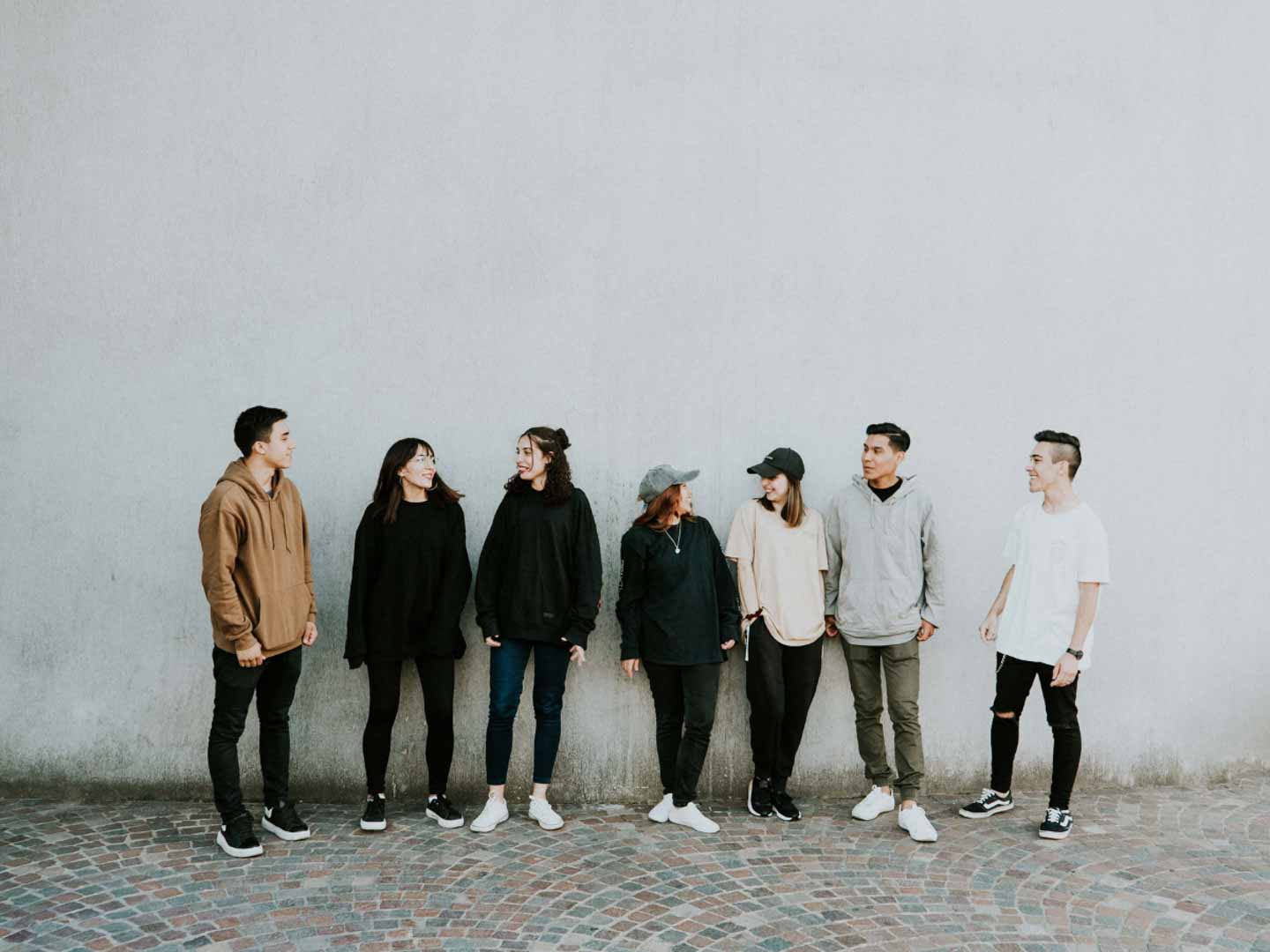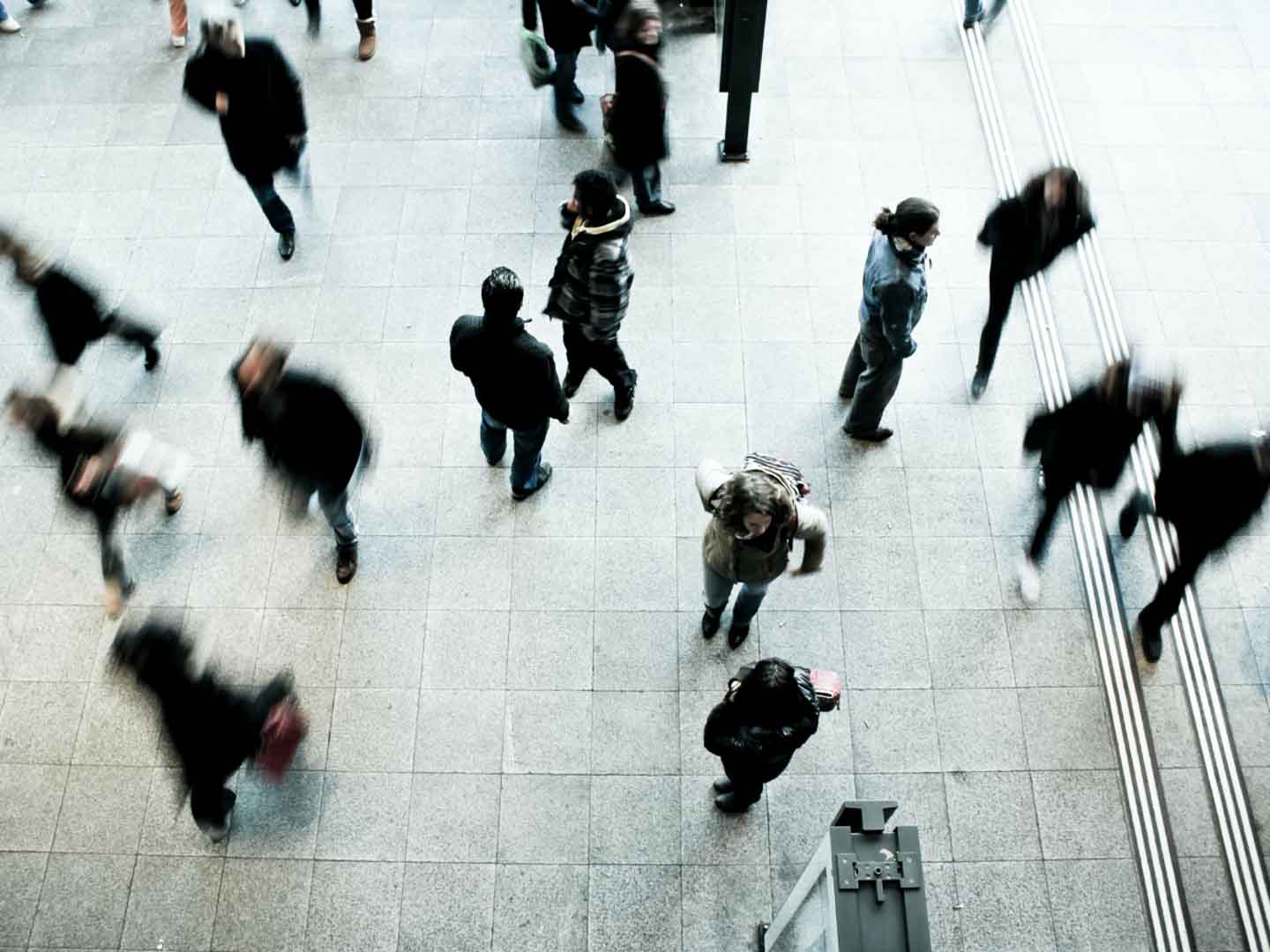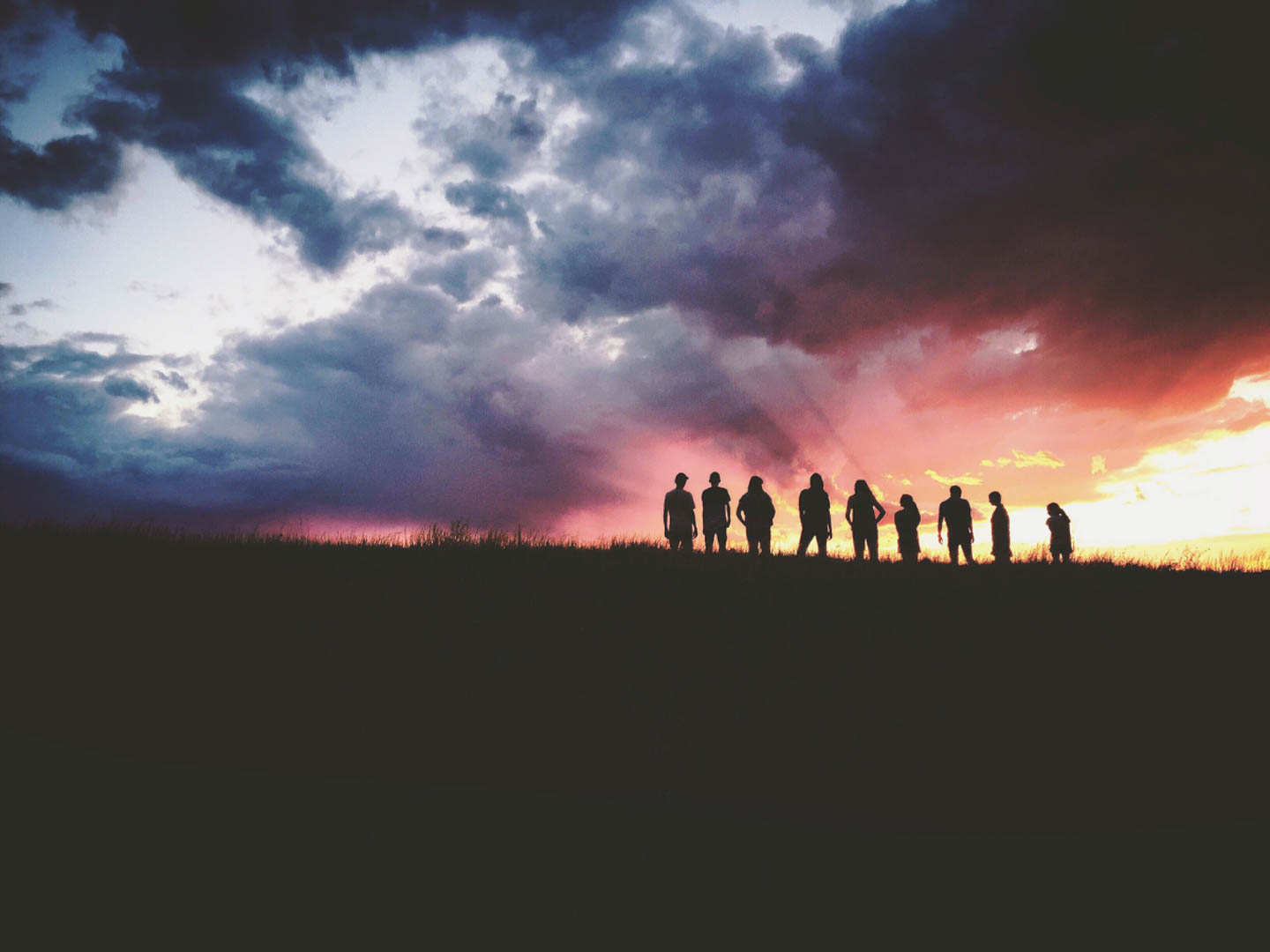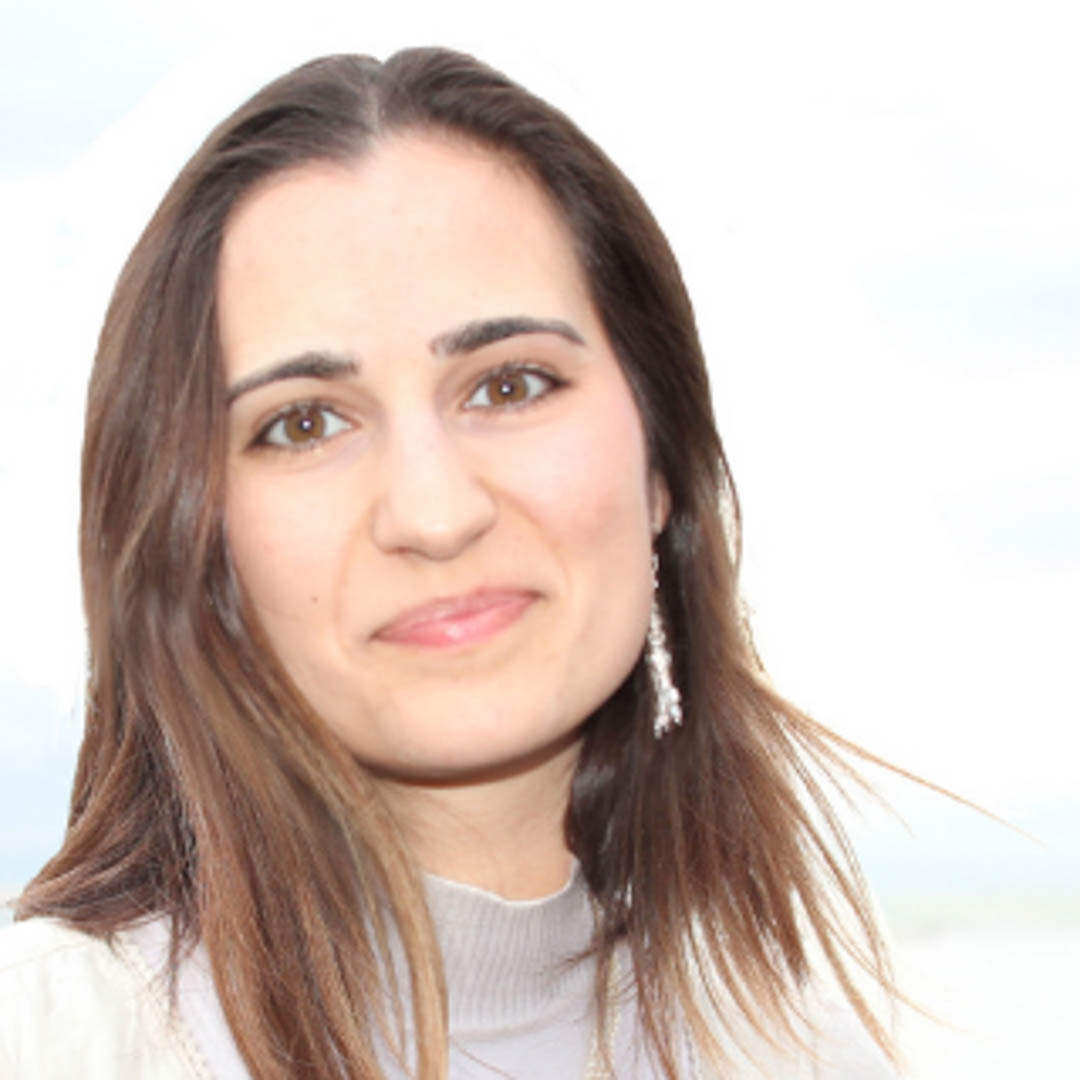
Finding Community as a TCK (Third Culture Kid)

What is community? After living on three continents and seeing and experiencing multiple groups of people from all backgrounds and ages, it can be a big question to ponder. I also think it’s a question many TCKs* ponder -- especially because we are often looking for community.
So, what is community really?
A core basic human need is to be seen, heard, and known. To me this is the essence of community. It is what sets apart a well rooted community from merely a ‘gathering’ of many individual people.
To be seen, heard, and known for who we really are is the essence of connected community.
Have you ever felt alone in a group? Have you felt disconnected even while others around you were laughing and smiling and having a good time? In those moments, did you feel like people saw you? Did you feel like people asked to get to know you or asked how you were feeling or what was happening in your inner world?
When you shared, did you feel heard and validated? Such as “Oh, wow, that must have been difficult for you to leave everyone you knew to go to a different country. Tell me more about what that was like. . .”
I think one major difficulty of being a TCK can be identifying the ‘real self’ (who we authentically are) versus the ‘ideal self’ (who we think others expect us to be). A huge part of community and feeling connected is sharing who we really are - our thinking, feeling, and choosing - without judgement. If we are judging ourselves and feel like we need to be a particular way for others to like or connect with us, then we won’t truly know what it feels like to be accepted and loved for who we are (because we are not allowing others to see us for who we really are).
A huge part of isolation is more than not being with people - it’s not being able to share our experience. Even if we have not had a similar experience as another person, we can step into their world and ‘feel’ with them – that is, validate their experience and ask to hear more.

Safe People
In their book Safe People, Henry Cloud and John Townsend offer some helpful insights on why we need relationships and qualities of safe people.
God can and does give us what we need directly from the Holy Spirit, yet he often uses people in relationship to meet our needs.
Relationships are fuel and nutrition for us. A car doesn’t run without gas in the tank, nor does a body survive without food. So, to think we are a loner and don’t need people is counter to how God created us. God even says in Genesis that it is not good for humans to be alone (Gen 2:18).
In life, we also encounter struggles and hardship. We need comfort in those seasons. Comfort from loved ones and safe people provides us with the strength and resilience to face life’s challenges and get through struggles with flying colours. Relationships are meant to be a place to receive comfort.
A sign of health is knowing we can go to people (rather than things, accomplishments, substances) for comfort.
What are Characteristics of Safe people?
- Safe people are able to be vulnerable.
- They are able to admit they don’t have it all together.
- Unsafe people withdraw, avoid, or judge you rather than reciprocating vulnerability or sharing in your emotions. They may tell you what the ‘right’ answers are rather than empathizing with you.
- Safe people are growing and changing.
- Safe people are able to apologize.
- They can admit when they were wrong. They can still say sorry that they hurt you even if what they did was not ‘wrong’ in their eyes nor intended to hurt you. They also put their words into action and change their behavior.
- Safe people are able to bring up (in a loving way) instances of when they were hurt by you. This shows signs of ‘repair’ and wanting closeness.
- Safe people understand that trust is earned; not something to be demanded.
- Safe people also encourage your freedom and your freedom to choose. They do not make you feel guilty for making a choice they don’t agree with.
- Safe people are consistent in their character over time.
- Safe people are able to give and receive (not only be a giver, nor only a receiver).
- Ultimately safe people bring you closer to God, closer to others, and closer to being who God made you to be.

Restorative Relationships
While we may have many casual friends we have fun with, there are also restorative relationships.
Cloud and Townsend describe how restorative relationships build your trust muscle. They restore your belief that there are safe people in the world you can rely on, be comforted by, and feel accepted by. These are people who not only accept you for who you are, but encourage you to grow, to come closer to God, and be all of who God made you to be. They give you a sense of freedom to dream, to grow, and make your own valuable life choices.
You become more trusting because of this person.
More relational because of this person.
More alive because of this person.
In essence, safe people make you feel safe: seen, heard, and known. They make you feel valued, loved, and worthy of love.
We all have the opportunity to be safe people for those around us, as well as go on the delightful journey of looking for the safe people around us.
Enjoy Community.
*TCK stands for Third Culture Kid - a person who grows up in a culture different from the one in which his or her parents grew up.
 Alysia Jeske was born in Matqui, Abbotsford, and raised in Kenya and Germany. She is currently a Speech Language Pathologist in the school system and thrives on learning about how to have a trauma informed approach. Her passion has been writing music and learning languages. Time, experience, hardship and trauma have proven to her that Jesus is truly the only reason to live, the only one who sustains, and the one who can turn bitter into sweet.
Alysia Jeske was born in Matqui, Abbotsford, and raised in Kenya and Germany. She is currently a Speech Language Pathologist in the school system and thrives on learning about how to have a trauma informed approach. Her passion has been writing music and learning languages. Time, experience, hardship and trauma have proven to her that Jesus is truly the only reason to live, the only one who sustains, and the one who can turn bitter into sweet.